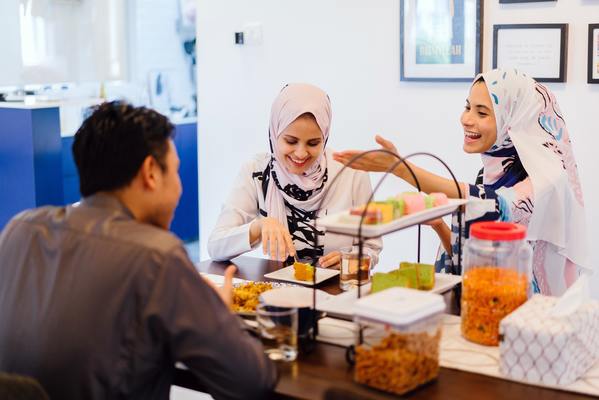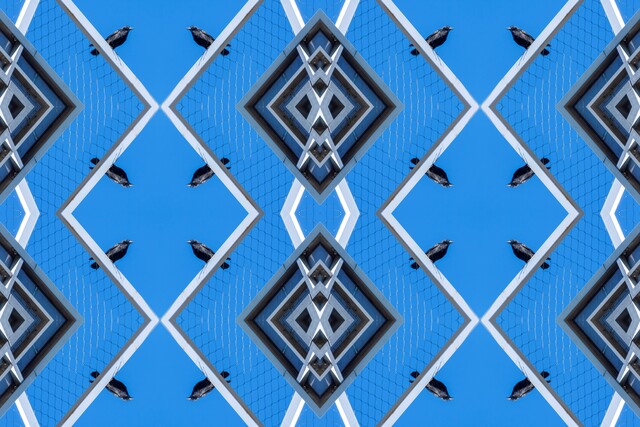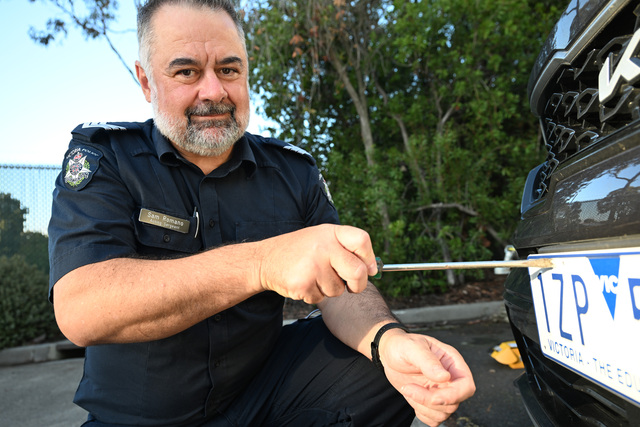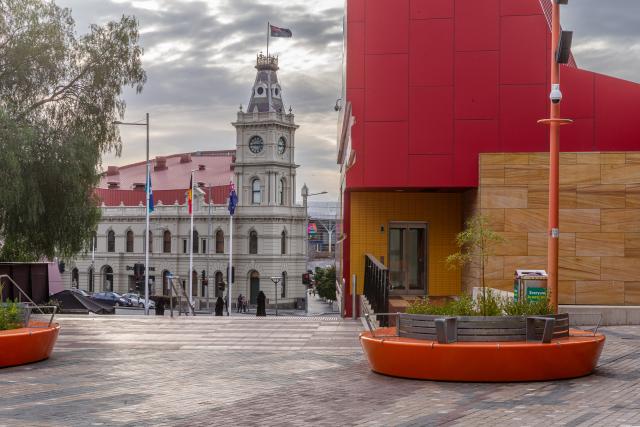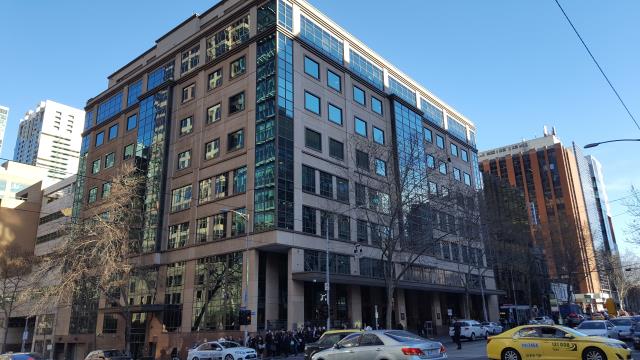Muslims from around Greater Dandenong have joined the global Islamic community this week to celebrate Eid al-Adha.
Eid al-Adha, sometimes known as the Festival of Sacrifice, is one of two Eids celebrated in the Muslim calendar. The other is Eid al-Fitr, which takes place at the end of Ramadan.
Eid al-Adha commemorates the sacrifice of Ibrahim. In a story that has parallels in the Bible, the Quran details that Ibrahim was ordered to sacrifice his son, Ishmael. At the last minute, Allah, who was satisfied with the pair’s commitment to their religion, sent a lamb to take Ishmael’s place.
It is a time of personal sacrifice, according to Rokhan Akbar, spokesperson for Afghan Islamic Centre And Omar-Farooq Mosque (AICOM).
“The concept of that sacrifice would be that in life you will face hardships and difficult times. Good things in life don’t come easy, you have to go through sacrifice.”
Muslims celebrate this Eid by providing charity to poor and disadvantaged people around the world, whether this is through buying clothes and food, gifting money or donating meat from animals slaughtered during the festival, as per Islamic custom.
This is in addition to the Muslim obligation of charity, which is one of the five pillars of the religion.
The celebrations can last for three to seven days and with families visiting and feasting with each other.
Even non-Muslims are able to take part, Mr Akbar said, as the festival is for all humans to encourage a sense of solidarity, humanity and selflessness.
“The significance of this Eid is in helping others and being more humane,” he said.
“Any human being, if they want to have that feeling, could take part in the festivity with the Muslims: invite them for lunch or dinner, visit them, buy gifts, help the poor people.
“We are all human beings regardless of what religion we follow. We help each other,” he said.

